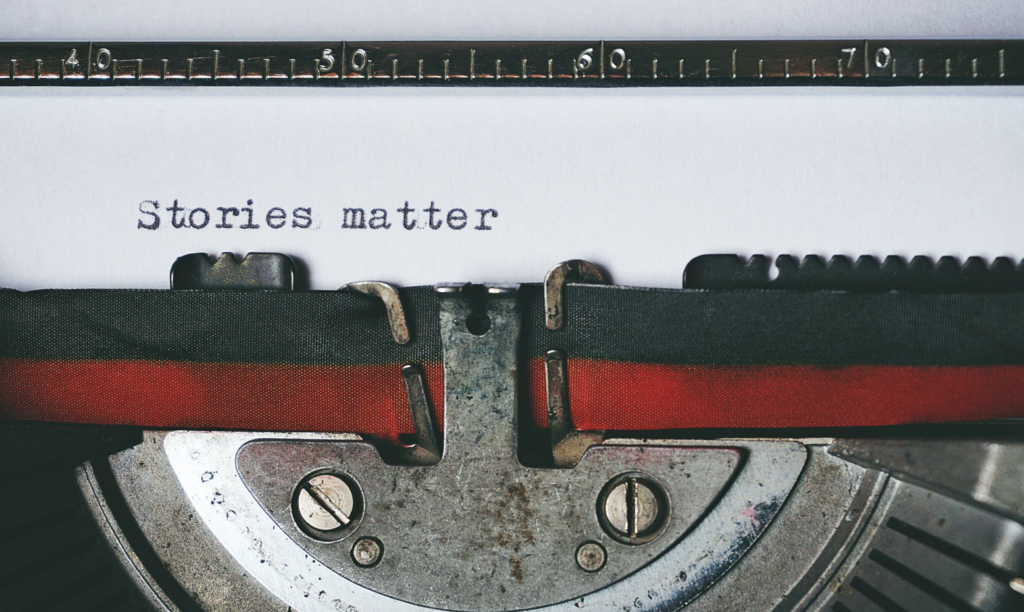
Series are HOT, HOT, HOT! As in hotter than ever in the history of fiction. Granted, series have always been popular. When I was growing up (back in the B. Dalton days) I’d deliberately look for authors who’d published multiple books—series in particular—because if I liked the first book?
I could BINGE!
My early teen years are a blur of Dragonlance, the Dragons of Pern, The Belgariad, Star Trek books, the world of Dune, and more.
Readers have gravitated heavily to series in all sorts of genres for decades. From Sue Grafton’s Alphabet Series, to Tony Hillerman’s Leaphorn & Chee series, to J.K. Rowling’s Harry Potter series and beyond, the trend is clear.
Humans LOVE stories that can go the distance. We can’t resist a good story, and once we’re transported into a world we LOVE? It’s tough to kick us out.
This is true with books as well as film.
***And, with Amazon being the one of the biggest fish in publishing and filmmaking? This is very good news for writers.
Series are GOLD…or Crack
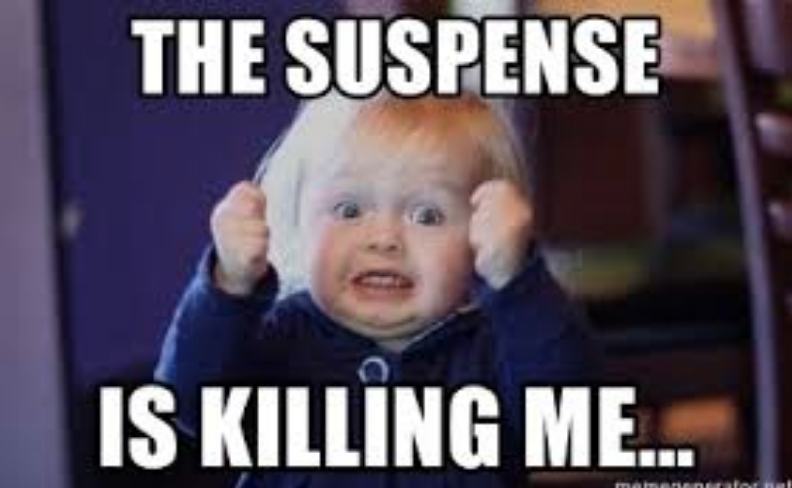
I know this blog mostly focuses on the publishing industry, but Hollywood was one of the giants to collapse under the digital tsunami. Publishing wasn’t alone in getting a tail-kicking.
Hollywood lost its lock on the industry for a number of reasons.
First of all, location, special effects experts, and stunt people not as important when you have computers and software. Low-cost computers and software. Also, Hollywood (much like the Big Six Publishers) lost their virtual monopoly on distribution.
Then, add to this that audience preferences have been changing and BOOM.
*sounds of sinkhole appearing beneath Hollywood*
We’re less likely to go to a movie theater, and more likely to stay home. Since Hollywood seems to think we need Transformers 23 and Smurfs 17, and every movie REMADE over and over, the big screen has lost much of its appeal.
Amazon was among the first to add film-making to their repertoire. And, since they work smarter not harder, they solicited rights from authors who’d already penned successful series (e.g. Michael Connelly’s Harry Bosch series).
The networks, Amazon, Netflix, Hulu, Cinemax, Showtime, HBO, scads of micro-channels and YES even AT&T are ALL now in the film business. Unlike Hollywood, these folks aren’t looking for a ninety-minute blowout blockbuster cast with megastars.
Nope.
They’re on the HUNT for print series that already have captured audience imaginations and come with a ready-made fanbase. Why? Because then they can turn these books into season after season of binge-watching joy.
Unlike Hollywood, they aren’t in the business of serving up microwaved leftovers. They understand there are more stories out there that could be fabulous on the screen.
With lower production costs, audiences who CRAVE series, and their own lock on distribution? Series are a solid bet almost every time.
The 21st Century Soap
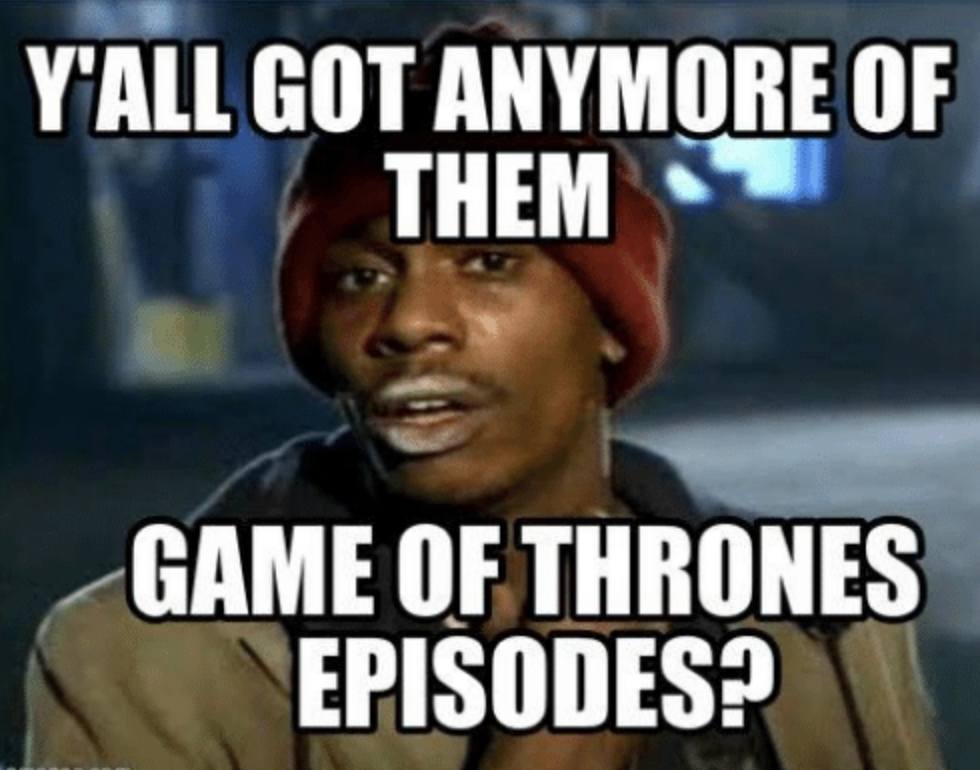
Why are series SO popular, aside from the lower risk and higher odds of profit?
Audiences have changed. The 21st century is a very different world.
Many of us grew up with daytime television, where the major networks were king. Soap operas held strong appeal because many women still stayed home and college kids had time to kill between classes.
Cable was expensive and we had to pay actual money to rent movies or go to a theater.
These days? Pretty much everyone works and television has a TON of competition, from social media to video games. While soaps are still around, the viewing audience these days is looking for a way to unwind at the end of the day or on the weekends.
Series have proven to be one of the best ways to captivate a massive reading/viewing audience because they have a unique capacity to go viral, and in doing that, to become woven into the very fabric of popular culture (e.g. Game of Thrones).
As I write about in my branding book Rise of the Machines: Human Authors in a Digital World, stories are a different product. Lower prices and traditional advertising and marketing won’t sell books. Never have and never will. Why? Because a book is an emotion-driven purchase.
***Most regular people don’t consider themselves readers. It is peer pressure that converts non-readers into evangelical fans (e.g. Twilight, Hunger Games, Harry Potter, 50 Shades of Grey, The Girl with the Dragon Tattoo, etc.).
Peer pressure is essential for any book (or series’) success. If a series can take hold and enough people read/watch? Others, who maybe normally would never have read/watched a ‘high fantasy’ series, join in because they feel ‘left out.’
They want to be IN on the jokes, the discussions, arguments, and memes.
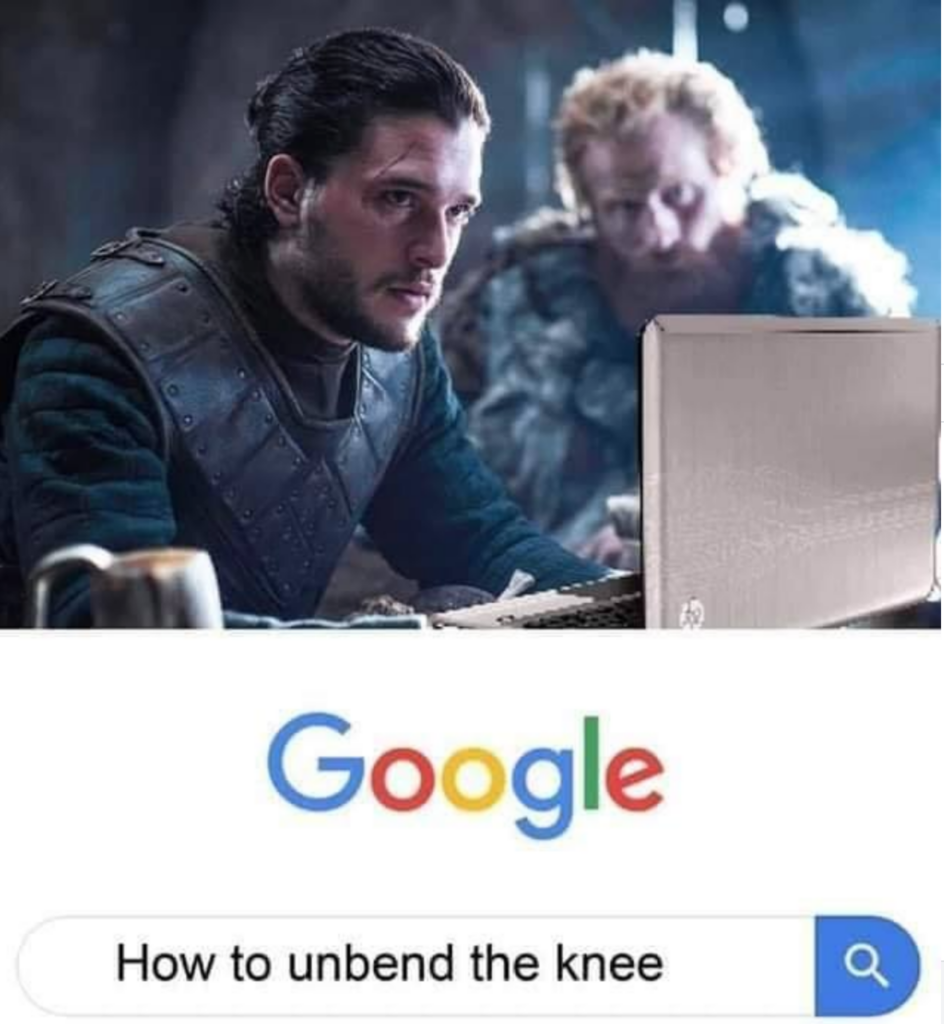
Now that I’ve made my case in favor of series, what can we do if we want to write a series?
How can we make our series addictive?
Series: Addicted to a Unique Character
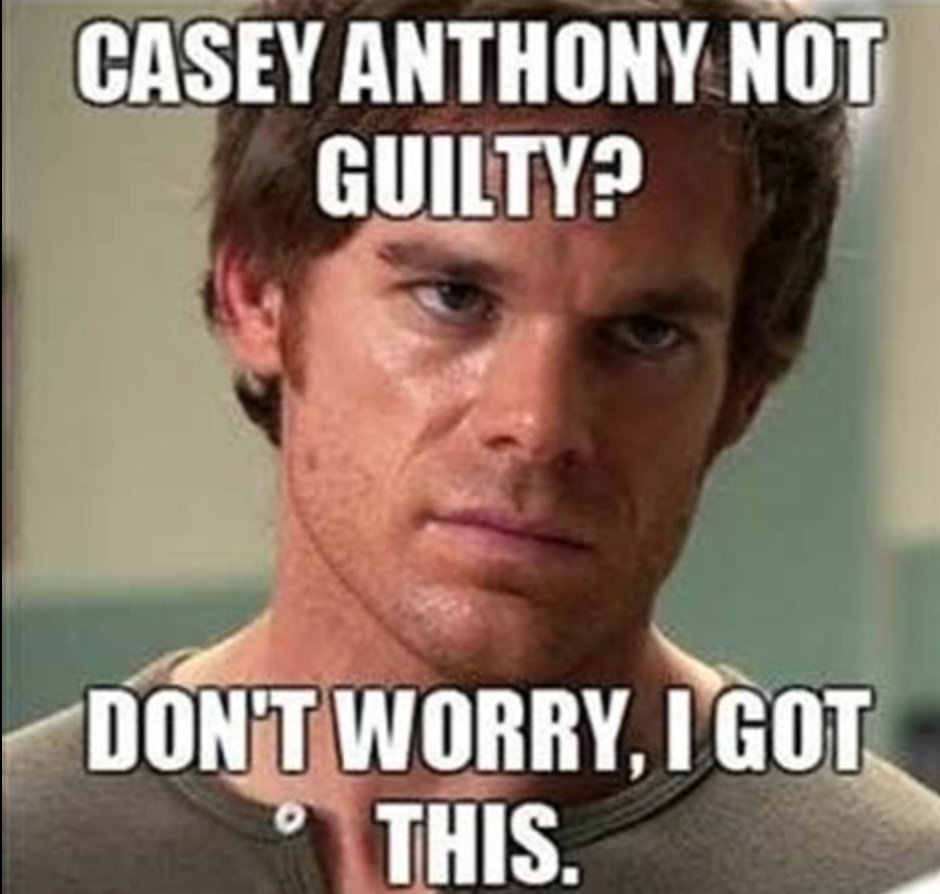
This is where we need to dig deep and use our imagination. Whose story can we tell? What sort of ‘person’ would possess a story that’s wholly unique?
Can we create a character who is SO larger than life, that audiences can’t get enough?
Yup.
Jeff Lindsey’s Dexter series is a superlative example. Dexter Morgan is a serial killer…who only kills BAD people. Audiences get a front-row seat in the mind of a pure apex predator and a high-stakes ride-along with a sociopath who’s faking being fully ‘human.’
Robert Galbraith’s Cormoran Strike series is now on Cinemax as C.B. Strike. Cormoran Strike who is a) the illegitimate son of a rockstar father and super-groupie mom b) is former Royal Military Police c) a decorated war hero who lost his leg in an IED explosion d) who then turned private detective who e) has an unusual attraction to unstable and dangerous women.
I’ve read almost the entire series, and a main character THIS colorful was always begging to be put on the screen.
Series: Addicted to a WORLD
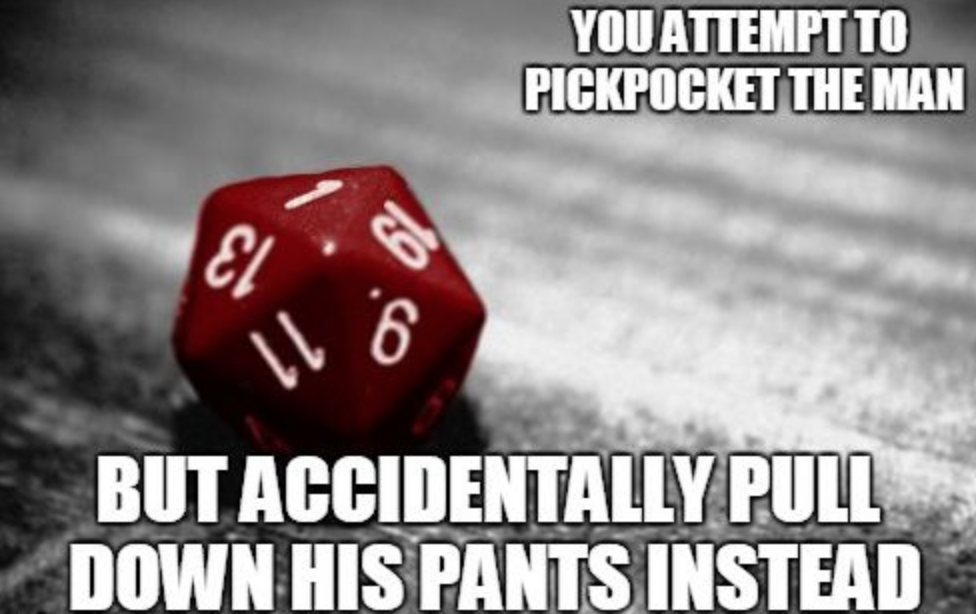
Regardless of the genre, there is always a degree of world-building even if it’s the world of being a P.I., a homicide detective, or an intelligence agent.
This said, obviously there are other genres that require a MUCH higher degree of world-building. Do this well and your series world becomes a holodeck audiences never want to leave.
The challenge is to create a world where audiences connect via familiar turf presented in new and fresh ways.
Obviously, I already mentioned the runaway HBO hit Game of Thrones, based off George R.R. Martins’ series A Song of Ice and Fire. For all us nerds who grew up on D&D and binging fantasy fiction? This series hit us in the feels of what we once knew…but in a far grittier and vastly more dangerous form.
There’s also Diana Gabaldon’s romantic time-traveling saga, the Outlander series, which Starz adapted to screen in the series…Outlander. Why does this world resonate?
Because it is SO over the TOP. Great fiction is just that…GREAT (more on this in a bit).
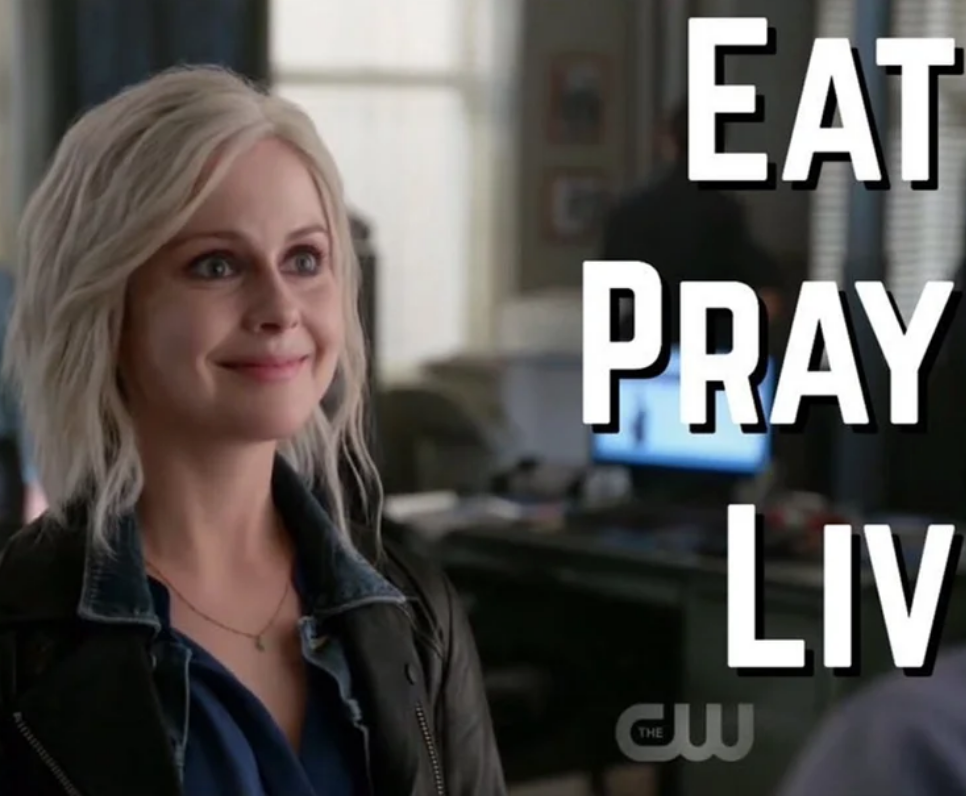
Finally, I’ll mention a relatively new favorite of mine…iZombie. Our culture is obsessed with zombies, but Chris Roberson and Michael Allred reimagined what exactly a zombie WAS.
Instead of the mindless mob/pure monster, Liv Moore (who gets infected) realizes she’s technically dead, her appearance has changed (pale skin and hair) and she craves human brains. But, so long as she feeds she doesn’t go ‘full Romero’ (a.k.a. mindless monster). Which is WHY she gets a job in the morgue.
This way, she can feed in an ethical way…but there’s a catch.
Upon consuming a corpse’s brain, Liv can see glimpses of that person’s memories from when they were alive. She also picks up abilities from the brains she eats…which makes her ideal for solving murders.
Granted, Liv totally qualifies as a character addiction, but don’t be too surprised when the world around these zombies and the tough moral questions hook you and you can’t let go.
iZombie, which began as a graphic novel series and ended up with FIVE seasons produced by CW is now available on Amazon Prime 😉 .
Series: Addicted to a CAST
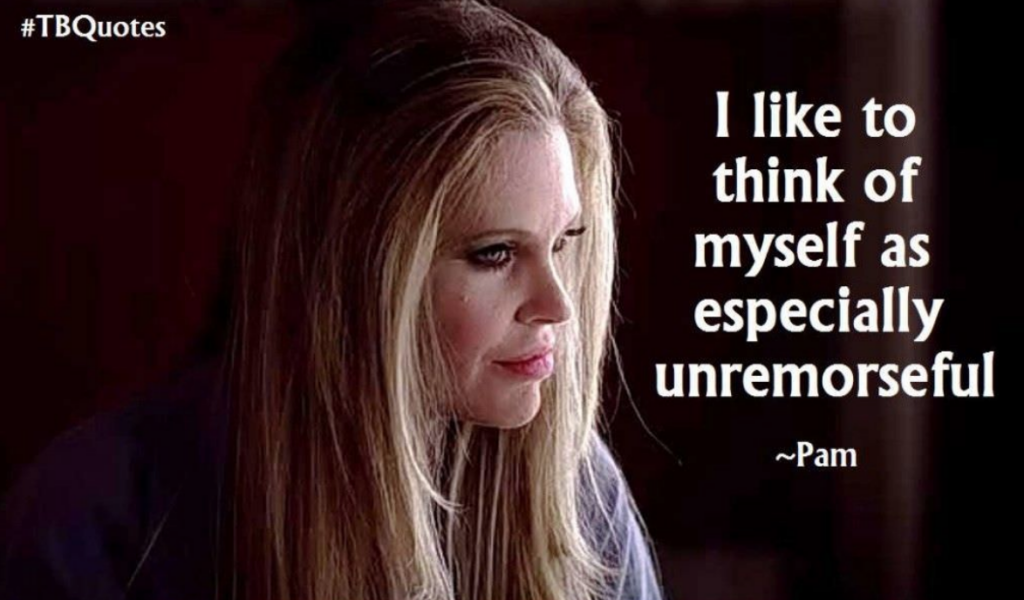
HBO’s super successful True Blood also began as Charlaine Harris’s Sookie Stackhouse series. Harris, much like Roberson and Allred, reinvented the vampire for a modern generation.
With the invention of synthetic blood—True Blood—vampires finally had an opportunity to ‘come out of the casket.’
This series posited a lot of intriguing and challenging questions. Can predator and prey ever truly coexist? What’s required of all parties involved? How do we (humans) overcome superstition, fear, intolerance, etc.? All these themes, btw, were also addressed in iZombie.
These series gave us complex questions with no simple answers and that, in large measure, is why we kept going back.
But not the ONLY reason. The Sookie Stackhouse series offered a wonderful, colorful cast. It was hard not to fall in love or in hate with one or more of the characters.
If we think about favorite series (in print or on screen) we can frequently see there’s a passionate devotion to more than the MC.
Whether this is Harry Potter, Buffy the Vampire Slayer, Star Trek, or Rizzoli and Isles, we frequently connect to the group as a whole…but we can also find those series where we passionately root for OUR team (e.g. Harry Potter and yes, I am a Griffendork).
Series: Crosshatching
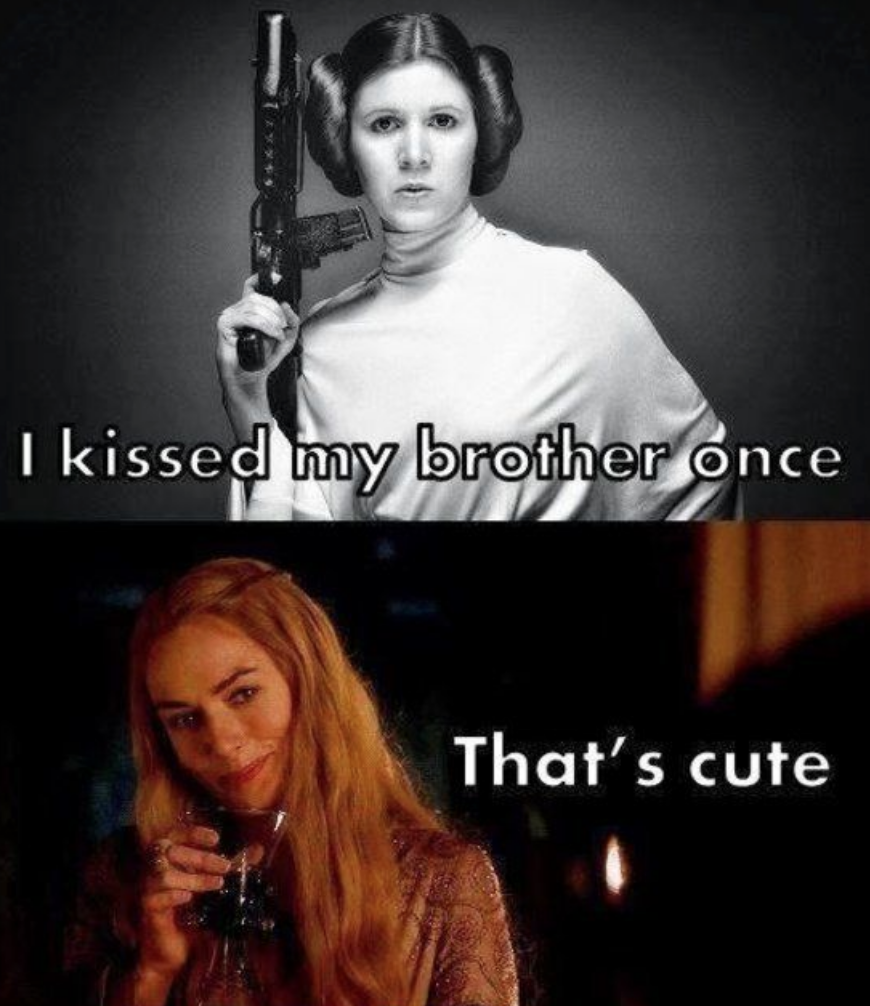
I will say this about series, regardless of whether we’re talking about books or ‘film.’ Characters are critical. The reason? Characters are the connection point that makes us care about any particular world.
This is especially important in those genres with more complex world-building like science fiction or fantasy. It is easy to let magic and gizmos and gadgets and portals eclipse the story.
Audiences cannot connect with a sonic screwdriver unless they connect FIRST with The Doctor. It is critical we create characters audiences love, hate, love to hate, root for, root against, characters the audience can identify with on some primal level.
Ultimately, series will hook audiences in any of these three ways I mentioned above (or all).
This said, character is critical to make them care.
Go BIG or GO HOME
Remember, everything in great fiction is…GREAT. It’s BIG! We (the audience) don’t want everyday life, because we already live everyday life.
Everything in a series is bigger. It is life…in distillate form.
One of the most common problems I see with new writers is they hold back. Their characters make good/sound/adult decisions. They’re too self-actualized. The problems are rarely enough to support a novel, so forget about a series.
Remember series—like skyscrapers—are massive structures that require massive foundations. This means the characters, the problems, the world all have to be larger than life…and these days? That is friggin’ HUGE.
In the new digital world we are surrounded by extremes—the most beautiful people, the richest, the most famous, the most talented as well as the most horrific of crimes, the most dire of problems, the most world-ending crises. Day after day after day.
This is NOT the 1950s so we have to UP OUR GAME. Bad decisions make for the best of stories.
Even Everyday is LARGER than LARGE
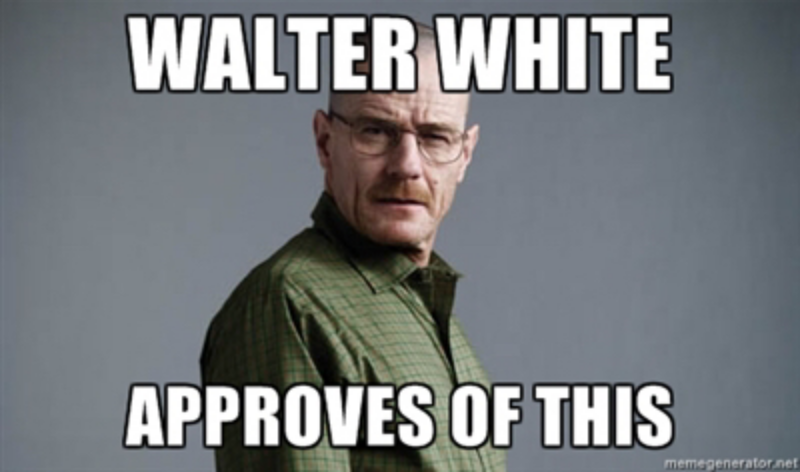
When a depressed high school chemistry teacher (common person with a common job) gets a diagnosis of Stage 3 lung cancer (a common disease), he realizes his family is likely to end up financially destitute upon his death (a common problem).
That’s when this dying teacher decides to use his chemistry skills (NOT exactly a super power) to cook crystal meth for distribution and sale in the underground criminal world.
BACK THE TRAIN UP! WHAHHH???
In story, especially series, even the everyday mundane must become MASSIVE. Otherwise? Who cares?
Everything about Breaking Bad is common as clay until Walter White turns that corner. It is Walter’s very unconventional decision about precisely how to solve a ridiculously common problem (no money) that changes what wouldn’t even be worth a short story into a ridiculously successful television show.
Think about your favorite series—in print or on screen—and you’ll see what I am talking about. Whether it is a world so vast we’d need lifetimes to plumb its depths, characters we cannot bear to let go, mysteries unsolved, questions unanswered, or ends not neatly tied off…
All these comprise the very essence of why we (the audience) keep coming back, don’t want to leave, and can’t bear to let go. It’s like that bad relationship you barely escaped—the highs and lows and thrills and chills only WAY BETTER…because your stuff doesn’t end up in your driveway on fire.
…usually.
This, my author friends, is how to hook an audience into your series and never, ever let go 😉 .
ANNOUNCEMENTS
Since I’ve been getting a lot of emails about this, YES, my class Bring on the Binge: How to Plot and Write a Series ON DEMAND is now AVAILABLE! This is THREE HOURS to train you how to plan, plot and write a series (good for plotters AND pansters).
For those who’d also like to add in help with that world-building that makes a series shine, my partner-in-crime (other than Cait Reynolds), Maria Grace’s Not in Kansas Anymore: Science Fiction World-Building ON DEMAND is available as well.
Make sure to check out the NEW UPCOMING CLASSES (just go to the CLASSES tab). I have a class on branding and another on blogging and Maria Grace has two classes on formatting for technophobes (both ebook and print).
We’ve also added NEW ON DEMAND classes, so get those while you can. They’re only listed for a short time because I have to make room on our servers for more content!
See you NEXT TIME. Now? I’m off to watch the second season of Westworld….








8 comments
2 pings
Skip to comment form
Love this! What a great analysis of series in the new world!
I wanted to take your class.
I registered.
I paid with Pay Pal.
Pay Pal and your receipt : Transaction ID: 00E10498AT669733N proves I paid.
But no class.
This is the only way I could find to contact you.
Your website gives no contact info, usually found in the About tab.
Now what ?
Author
Dan,
I immediately emailed you the class to this email the day that you left this comment. I have a screenshot of that. I also responded to the email yesterday (sent from a different email address). I am trying VERY hard to get the class to you, but this far I’ve gotten three different email addresses from you.
Please email me at kristen at wana intl dot com so I can get you the class you ordered and I can even throw in a bonus class for all the trouble. I don’t know if it is a spam filter issue, sun spots or what, but I have documentation that I’ve TRIED on numerous occasions to get the class to you. If something is falling through the cracks, I need to know why and where and how so I can stop that from happening.
For the record, I have definitely not ignored you and have done everything in my power to get that class to you, so there must be a tech bug somewhere. Also, there is a contact page on this site that you can message me through. But, since we are here in the comments, I am telling you I have been working very hard to get that class to you.
Thanks!
Kristen
Good God, I love how you think, woman. YES!! BIG!! I want it on a T-shirt! A big one!! Thank you for your amazeballs wisdom!! (And yes, I just said “big” and “balls” in the same post. GO BIG!! EVERYWHERE!!)
Sometimes a stand alone is ruined by forcing a series upon it. Hollywood destroyed J.R.R. Tolkien’s the Hobbit. I haven’t gone to the movies since, and the way Hollywood is going, I may never bother again–not even for free popcorn. Blockbuster movies
usually suck.
Author
Hollywood is in BIG trouble and really not the market for doing series any justice. Amazon made a FANTASTIC series “Bosch” from Connelly’s “Harry Bosch” series. “Rizzoli & Isles” was done very well on (NBC?). iZombie is wonderful, but that is Netflix. I think the more mature audiences are wanting more time to get to know characters, and 90 minutes or even blockbuster movies aren’t doing it anymore.
There is a series of series books from Mercedes Lackey involving an entire world, but mainly the kingdom of Valdemar. I don’t know how many series she has in this world, but MAN, are they great books! If you haven’t read them you should crack at least one open- the characters feel real- though not all endings are entirely happy, they leave you with a feeling of triumph! 🙂
Yes to observations about Breaking Bad. A series I am in love with is on Amazon Prime – The Marvelous Mrs. Maisel. If you haven’t watched it, check it out. 1950s “normal” turned very abnormal for the time. And it’s hilarious. I’ve been thinking about Hitchcock, lately and used to do that – take the normal, mundane, and shoot a dose of the absurd into it. A guy is laid up (no tv) with a broken leg and stares out a window: bam – witnessed a murder. The Birds…etc. Great post, as always.
[…] https://authorkristenlamb.com/2019/09/series-hook-readers/ “Series are HOT, HOT, HOT! As in hotter than ever in the history of fiction. Granted, series have […]
[…] We want everything we write to hook our readers. Christopher Oldcorn explains how to hook the reader every time, and Kristen Lamb has 3 ways to hook readers to a series. […]